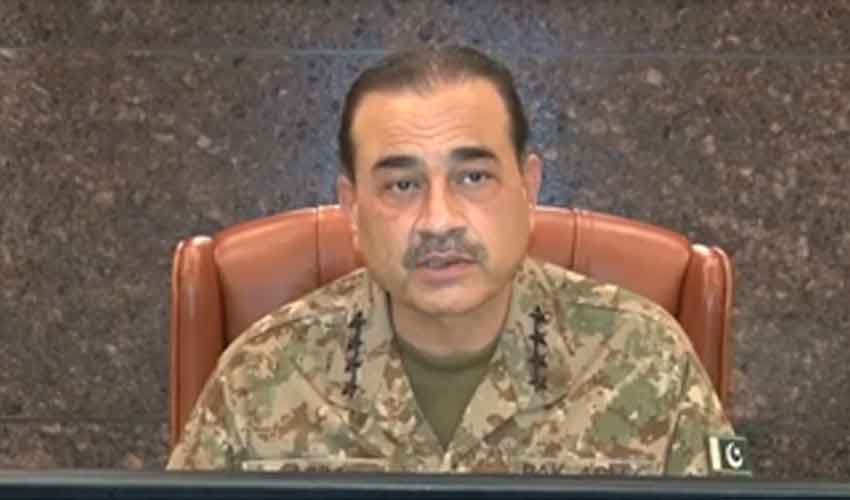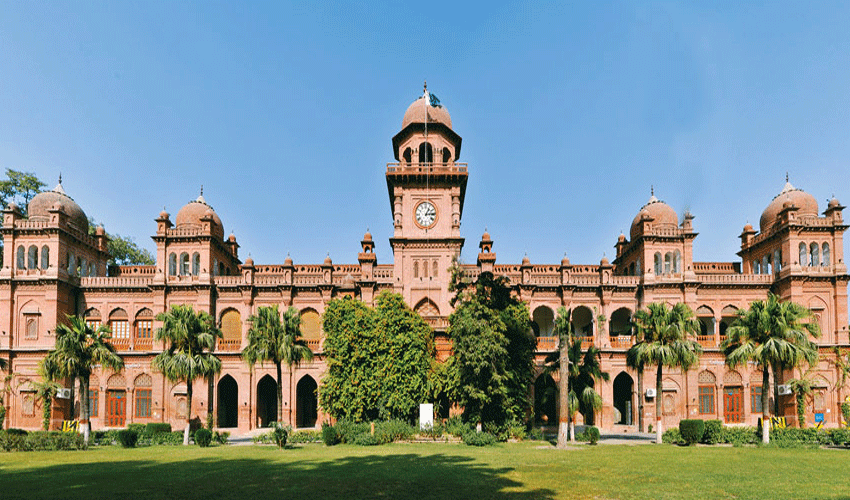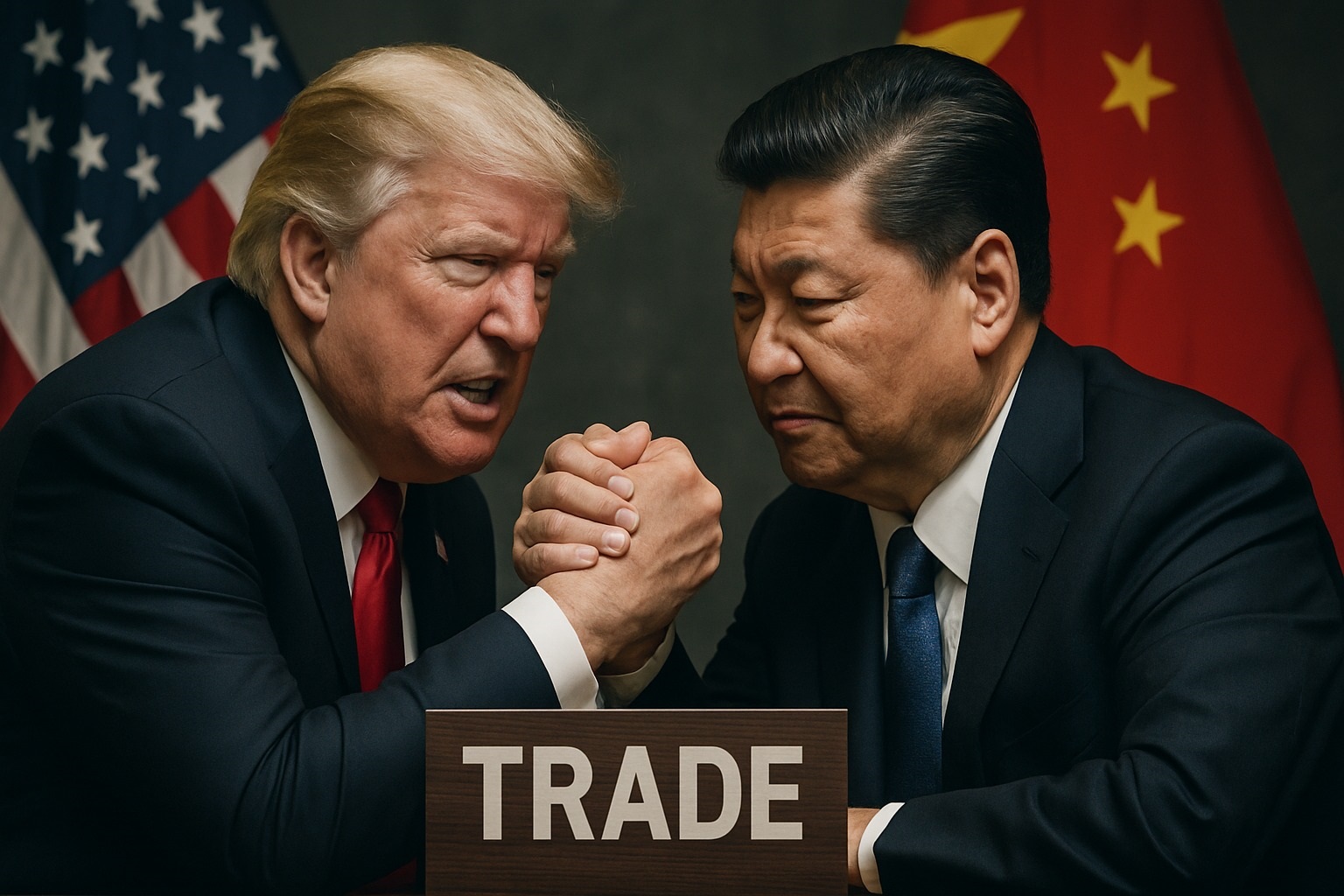I was following the Overseas Pakistanis’ Convention recently, and when General Asim Munir spoke, something really clicked for me. This was not just some formal speech you hear and forget. It felt like he was genuinely taking stock of where Pakistan is at the moment – being upfront about the real difficulties, yes, but also painting a picture of how we move forward, stronger, by relying on each other. What really came across was this mix of straight talk about security realities and a solid vision for getting through it, highlighting that we absolutely need unity and strong institutions to make it happen.
What really resonated with me was the sheer honesty General Munir brought when discussing the threats facing Pakistan. He did not shy away from naming the difficult things – the way extremist ideologies can eat away at society, the heartbreaking reality of terrorism's impact, particularly in Balochistan, and the often-overlooked but serious consequences of how social media is sometimes used. No, I really don't think his intention was to frighten people. It felt much more like he wanted us all to look honestly, together, at the challenges we're dealing with. And that just really drove home for me how vital it is to be proactive – to try and anticipate problems and solve them before they turn into full-blown crises, rather than just constantly being in reaction mode. And truly, owning up to challenges like that? That feels less like weakness and more like the responsible thing to do, like leadership that trusts people with the truth.
Central to the narrative, as I interpreted it, was the foundational importance placed upon strong, effective, and legally grounded institutions. General Munir articulated with considerable force the principle that national resilience and good governance are inextricably linked to institutions operating strictly within the parameters defined by the constitution and the established laws of the land. This assertion resonates deeply because it transcends abstract political theory; it speaks to the practical framework upon which our collective stability, societal predictability, and prospects for equitable progress are fundamentally built. This respect for institutional process is, in essence, the very bedrock required for a functioning, just society, providing the certainty and structure citizens rightfully depend upon. Without this adherence, the path forward becomes dangerously uncertain.
And another thing he made crystal clear – and this really struck me – was his strong condemnation of anyone trying to stir up trouble or weaken the unity within our security forces. He basically said, flat out, that that kind of behavior deeply harms Pakistan's interests and simply won't be tolerated. It was a powerful reminder of just how vital discipline, sticking together with a shared purpose, and real dedication are for the very people protecting our country. The message that really hit home for me was this: Pakistan's strength is not just some vague hope; it is built on something real – our ability to unite and commit, together, to doing things the right way through our established institutions. When those things work together, that is what gives us the backbone to face tough times and come out stronger. So, unity stops being just a word and becomes our actual strength in action.
But it wasn't just about the immediate problems, you know? General Munir also offered a look ahead, towards Pakistan's future, that felt really insightful and genuinely hopeful. He really shone a light on how crucial the next generation is, and he brought up this truly encouraging idea: maybe it is time we stop talking about 'brain drain' and start thinking about the potential for 'brain gain'. This section of his speech effectively combined foundational national values with a pragmatic, forward-looking strategy, pointing towards a national direction that felt both principled and strategically astute.
His thoughtful reiteration of the enduring relevance of the 'Two-Nation Theory' struck me not as a mere historical recounting, but as positioning this foundational principle as a living guidepost. It serves, in this context, to foster a robust national identity and a shared sense of purpose, particularly crucial for galvanizing our youth. Understanding our historical origins, the implication seemed clear, is indispensable for cultivating informed, engaged citizens – individuals deeply rooted in their nation's narrative yet equipped and motivated to shape its future positively.
I found the concept of changing 'brain drain' into 'brain gain' particularly interesting. Instead of just focusing on the loss of skilled people leaving, seeing it as a potential positive felt really smart and strategic. It feels like a really important and welcome new way to look at it. It suggests a growing recognition of our extensive diaspora not merely as an expatriate community remitting funds, but as a potential reservoir of invaluable talent, expertise, global connections, and diverse perspectives. This 'brain gain' potential encompasses contributions far beyond the purely financial, envisioning pathways for knowledge transfer, investment, mentorship, and enhanced international standing, whether through eventual return or through active engagement from abroad.
Connecting these threads – the historical context and the future potential – General Munir addressed young Pakistanis directly. The call was not simply to learn history, but to allow that understanding to ignite a profound sense of national pride – a pride that translates into positive action and representation, wherever they may be. It felt like a clear invitation to see themselves not as passive inheritors, but as active participants and essential architects in building a stronger, more prosperous, and respected Pakistan, both domestically and on the world stage.
And the way he wrapped things up? It really left you with this powerful feeling of resilient hope. What I clearly heard was this: when the people of Pakistan and the Armed Forces stand strong together, that unity acts like a shield, protecting our national spirit and keeping us moving forward against any outside pressure. That strong sense of sticking together, combined with the exciting energy around the 'brain gain' idea and a fresh sense of national purpose – it all paints a really compelling and optimistic picture for the future. It is a portrait of Pakistan poised to look towards the future with confidence, securely anchored by its enduring values yet dynamically energized by the capabilities and aspirations of its next generation. That conveyed sense of hope felt tangible and serves as a potent reminder: the future trajectory of the nation remains firmly within our collective capacity to shape.



























